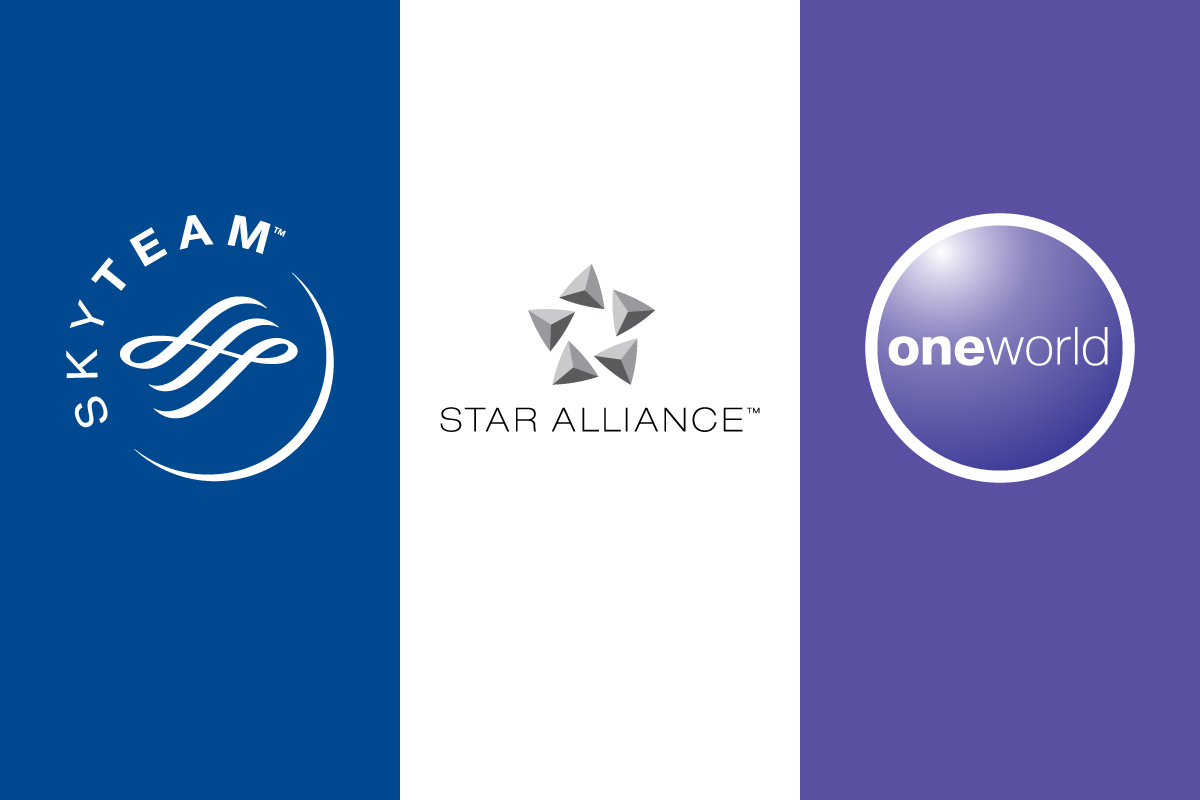
Airline strategic alliances have transformed how we travel, but what exactly are they? Airline strategic alliances are partnerships between multiple airlines to cooperate on a broad level. These alliances aim to provide benefits like expanded route networks, shared resources, and coordinated schedules. Why do airlines form strategic alliances? To enhance customer experience, reduce operational costs, and increase market reach. Imagine booking a flight with one airline but seamlessly connecting to another without the hassle of re-checking luggage or dealing with separate tickets. Major alliances like Star Alliance, SkyTeam, and Oneworld dominate the skies, offering passengers more choices and convenience. But how do these alliances impact you as a traveler? Let's dive into 13 intriguing facts about these powerful partnerships.
Key Takeaways:
- Airline strategic alliances are partnerships that help airlines improve services, reduce costs, and offer passengers more destinations. They also allow for shared resources and code-sharing agreements, making travel more convenient for passengers.
- Passengers benefit from airline alliances through frequent flyer programs, seamless travel experiences, and access to a wider range of airport lounges. However, alliances also face challenges such as regulatory hurdles and antitrust concerns.
What Are Airline Strategic Alliances?
Airline strategic alliances are partnerships between airlines to enhance their networks, improve services, and reduce costs. These alliances allow airlines to share resources, coordinate schedules, and offer passengers more destinations and benefits.
-
Three Major Alliances: The three main airline alliances are Star Alliance, SkyTeam, and Oneworld. These alliances cover most of the world's major airlines and offer extensive global networks.
-
Shared Resources: Airlines in an alliance share resources like airport lounges, check-in counters, and maintenance facilities. This helps reduce operational costs and improve efficiency.
-
Code-Sharing Agreements: Code-sharing allows airlines to sell seats on each other's flights. This means a passenger can book a ticket with one airline but fly on another, making travel more convenient.
Benefits for Passengers
Passengers enjoy numerous benefits from airline alliances, including more flight options, better services, and loyalty rewards. Here are some key advantages:
-
Frequent Flyer Programs: Members of an airline's frequent flyer program can earn and redeem miles across all airlines in the alliance. This makes it easier to accumulate points and enjoy rewards.
-
Seamless Travel: Alliances coordinate schedules to minimize layover times and simplify connections. This makes travel smoother and less stressful for passengers.
-
Access to Lounges: Passengers flying with alliance member airlines often have access to a wider range of airport lounges, providing a more comfortable travel experience.
Economic and Operational Impact
Airline alliances also have significant economic and operational impacts on the industry. They help airlines save money, expand their reach, and compete more effectively.
-
Cost Savings: By sharing resources and coordinating operations, airlines can reduce costs. This includes savings on fuel, maintenance, and staffing.
-
Expanded Networks: Alliances allow airlines to offer more destinations without having to operate additional flights. This expands their reach and attracts more passengers.
-
Competitive Edge: Alliances help airlines compete with low-cost carriers and other rivals by offering more comprehensive services and better connectivity.
Challenges and Criticisms
Despite their benefits, airline alliances face challenges and criticisms. These issues can affect both airlines and passengers.
-
Regulatory Hurdles: Alliances must navigate complex regulations in different countries. This can limit their ability to coordinate operations and share resources.
-
Antitrust Concerns: Some critics argue that alliances reduce competition and lead to higher prices for passengers. Regulators often scrutinize alliances to ensure they don't violate antitrust laws.
-
Operational Complexity: Coordinating schedules, services, and resources across multiple airlines can be challenging. This complexity can lead to delays and other operational issues.
The Future of Airline Alliances
The future of airline alliances looks promising, with new technologies and changing market dynamics shaping their evolution. Here are some trends to watch:
- Digital Integration: Advances in technology are making it easier for airlines to integrate their systems and offer seamless services. This includes digital check-ins, real-time flight updates, and personalized travel experiences.
The Bigger Picture
Airline strategic alliances aren't just about fancy logos and shared lounges. They bring cost savings, better connectivity, and enhanced customer experiences. By teaming up, airlines can offer more routes, smoother transfers, and even lower fares. Passengers benefit from loyalty programs that span multiple airlines, making travel more rewarding.
These alliances also help airlines stay competitive in a tough market. They can share resources, reduce operational costs, and expand their global reach without merging. This means more choices and better services for travelers.
Understanding these alliances gives you a peek into how the aviation industry works behind the scenes. Next time you book a flight, you'll know there's a lot more going on than just getting from point A to point B. So, keep these facts in mind and enjoy the perks that come with airline strategic alliances. Safe travels!
Frequently Asked Questions
Was this page helpful?
Our commitment to delivering trustworthy and engaging content is at the heart of what we do. Each fact on our site is contributed by real users like you, bringing a wealth of diverse insights and information. To ensure the highest standards of accuracy and reliability, our dedicated editors meticulously review each submission. This process guarantees that the facts we share are not only fascinating but also credible. Trust in our commitment to quality and authenticity as you explore and learn with us.


